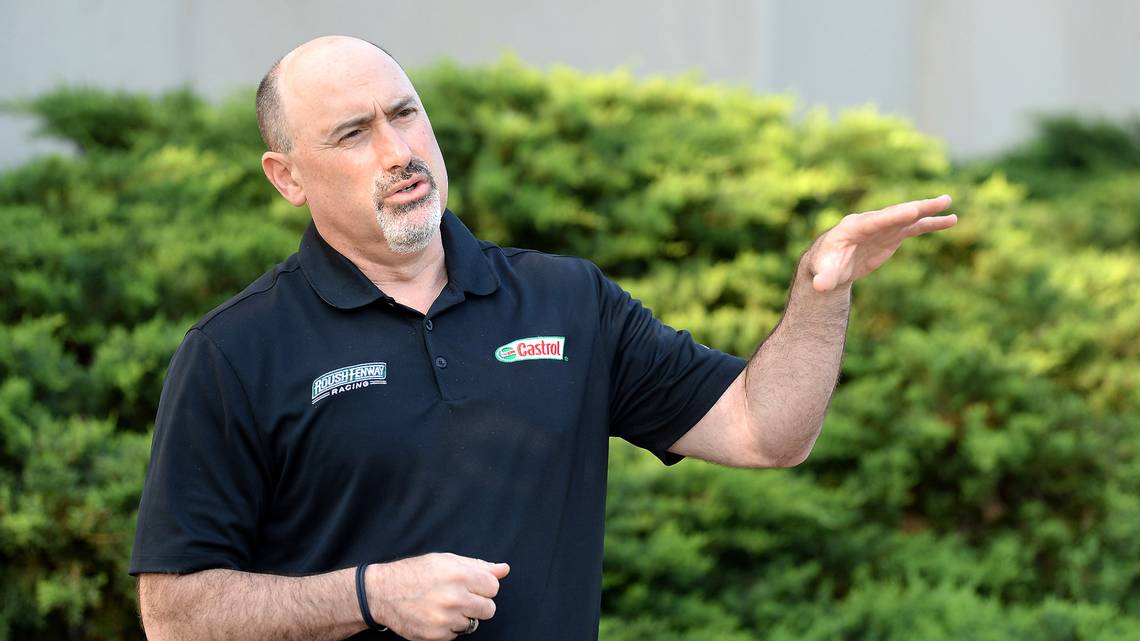The University of North Carolina (UNC) has announced a significant leadership transition within its athletic department, appointing Steve Newmark, a seasoned NASCAR executive, as the future athletic director. This strategic move aims to bolster the department’s revenue generation and adapt to the evolving landscape of collegiate sports.
Steve Newmark, a Chapel Hill native, has served as the president of Roush Fenway Keselowski Racing for 15 years. His tenure in NASCAR has equipped him with extensive experience in sponsorships, marketing, team operations, and contract negotiations. Prior to his role in racing, Newmark was a partner at the Charlotte-based law firm Robinson Bradshaw & Hinson, specializing in sports and entertainment law, with significant involvement with the NCAA and the Southeastern Conference.
In his new role, Newmark will join UNC’s athletic department as the executive associate athletic director on August 15, 2025. He will report directly to the current athletic director, Bubba Cunningham, focusing initially on revenue-driving initiatives, particularly concerning the football and men’s and women’s basketball programs. This approach aligns with UNC’s strategic emphasis on enhancing financial sustainability amid the changing dynamics of collegiate athletics.
Bubba Cunningham, who has been at the helm of UNC’s athletic department since 2011, has agreed to a two-year contract extension through July 2029. During this period, he will mentor Newmark, ensuring a seamless transition before assuming the role of senior advisor to the chancellor and athletic director in 2026. Cunningham’s leadership has been instrumental in guiding UNC through various challenges, including NCAA investigations and the integration of Name, Image, and Likeness (NIL) policies.
The decision to appoint Newmark underscores UNC’s proactive approach to navigating the rapidly evolving collegiate sports landscape, characterized by significant shifts in revenue models and athlete compensation. By leveraging Newmark’s expertise in strategic partnerships and sponsorships, the university aims to fortify its athletic programs and maintain a competitive edge.
This leadership transition reflects a broader trend in collegiate athletics, where institutions are increasingly seeking leaders with diverse backgrounds to address the complex challenges of modern sports administration. UNC’s strategic focus on revenue generation and adaptation to new financial models positions the university to continue its tradition of excellence in collegiate athletics.












Why appoint a NASCAR exec as AD? Is it a smart move or a desperate attempt for revenue? Let the debates begin!
Im not sure about this move. Are we expecting NASCAR-style tactics in college sports now? Intriguing choice, to say the least.
Why appoint a NASCAR executive as an athletic director? Will this bring a fresh perspective or just create more confusion? Lets discuss.
Wow, a NASCAR exec as AD? Can he handle the demands of college athletics? Excited or skeptical? Lets discuss! 🤔🏁